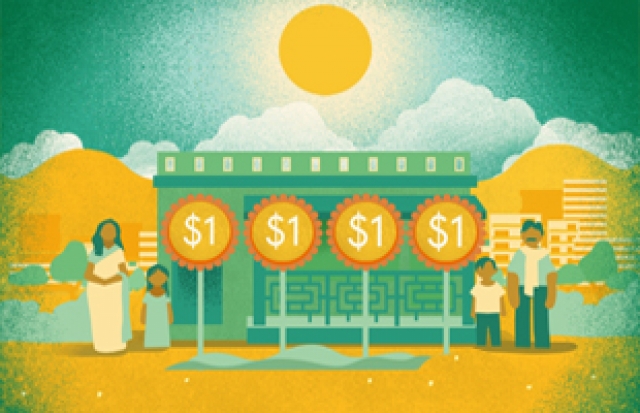Investing in treatment for depression and anxiety leads to fourfold return
 Washington DC, 13 April 2016 - Every US$ 1 invested in scaling up treatment for depression and anxiety leads to a return of US$ 4 in better health and ability to work, according to a new WHO-led study which estimates, for the first time, both the health and economic benefits of investing in treatment of the most common forms of mental illness globally. The study, published today in “The Lancet Psychiatry”, provides a strong argument for greater investment in mental health services in countries of all income levels.
Washington DC, 13 April 2016 - Every US$ 1 invested in scaling up treatment for depression and anxiety leads to a return of US$ 4 in better health and ability to work, according to a new WHO-led study which estimates, for the first time, both the health and economic benefits of investing in treatment of the most common forms of mental illness globally. The study, published today in “The Lancet Psychiatry”, provides a strong argument for greater investment in mental health services in countries of all income levels.
“We know that treatment of depression and anxiety makes good sense for health and wellbeing; this new study confirms that it makes sound economic sense too,” said Dr Margaret Chan, Director-General of WHO. “We must now find ways to make sure that access to mental health services becomes a reality for all men, women and children, wherever they live.”
Depression and anxiety are increasing
Common mental disorders are increasing worldwide. Between 1990 and 2013, the number of people suffering from depression and/or anxiety increased by nearly 50%, from 416 million to 615 million. Close to 10% of the world’s population is affected, and mental disorders account for 30% of the global non-fatal disease burden. Humanitarian emergencies and ongoing conflict add further to the need for scale-up of treatment options. WHO estimates that, during emergencies, as many as 1 in 5 people are affected by depression and anxiety.


